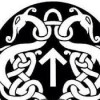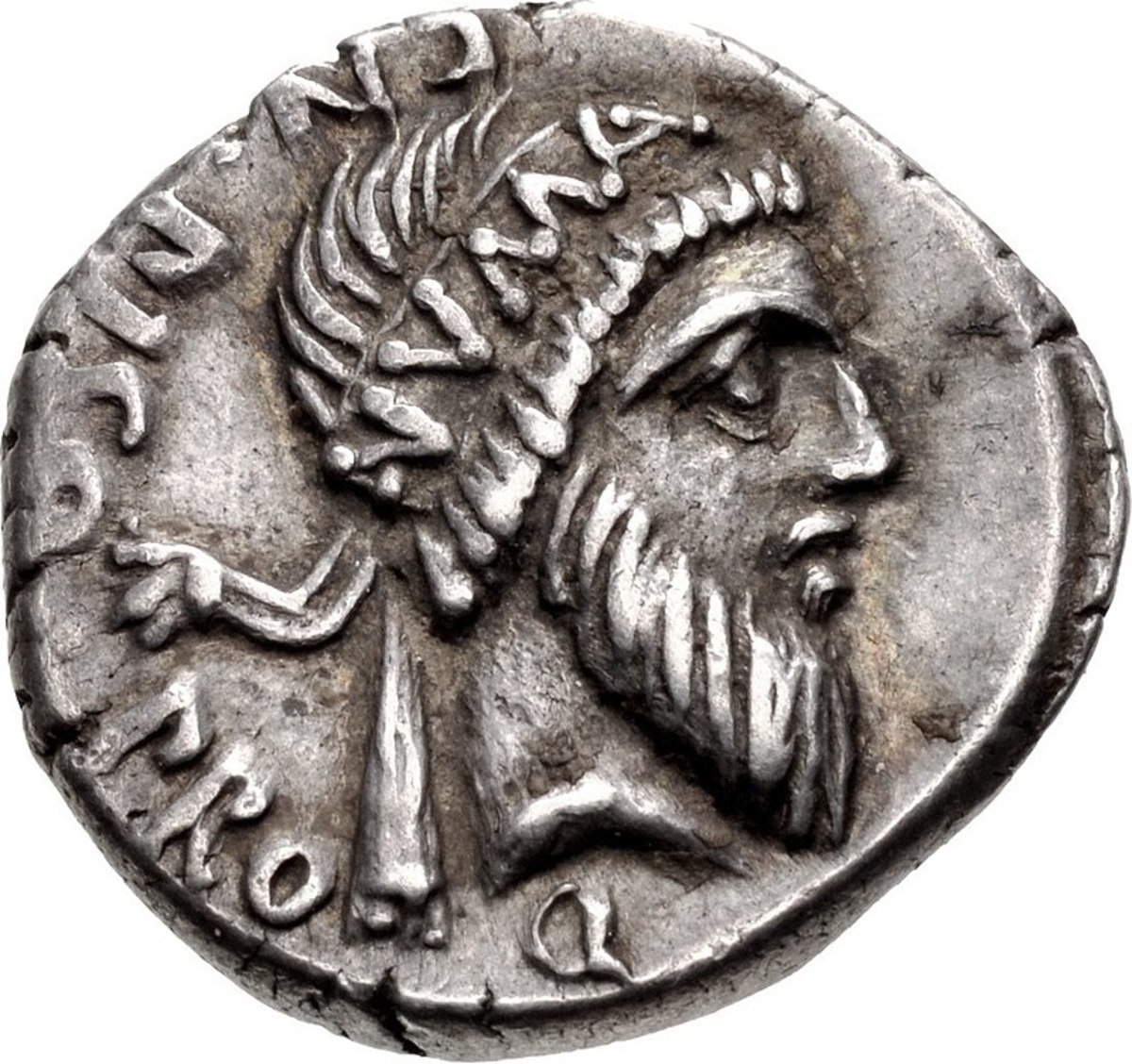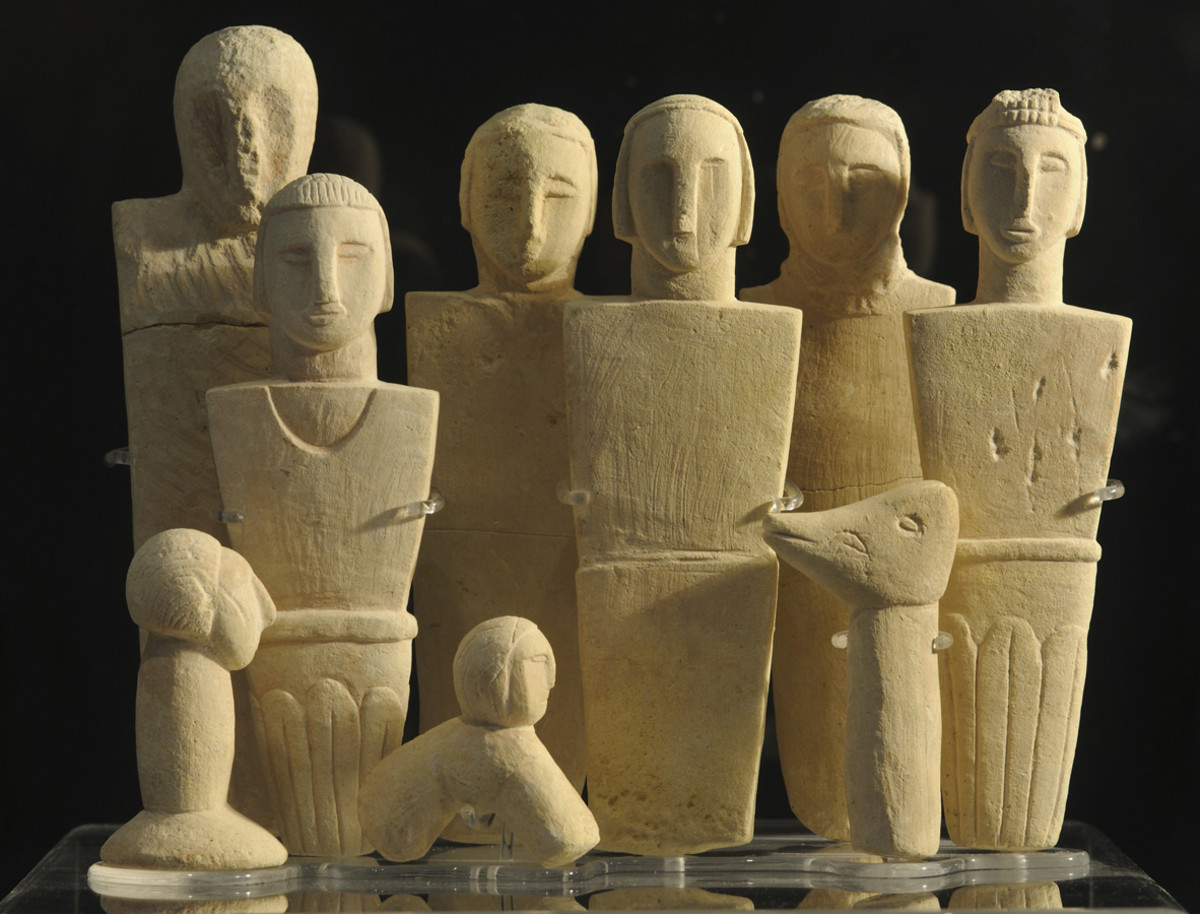The Tribes That Defied the Might of Ancient Rome.
Rome, Power and Military Might.
Since the Roman Republic defeated their Carthaginian rivals for supremacy of Southern Europe and North Africa. The Roman Empire had been able to spread its power and influence beyond its original borders. The Roman Empire offered its provinces the culture, trade and security, that came with Rome's might and supreme majesty. The promise of Roman civilization offered the native tribes of Western Europe and the Mediterranean an alternative to their historical and petty differences. Rome was offering the wild and chaotic peoples of Europe, the chance to be more than primitive and uncultured barbarians,
All the future client states of Rome had to do was forget their many years of cultural history and allow the Roman Empire to take over the destiny of their tribal lands. The tribal rulers of the regions that the Roman Empire desired, were not overly eager to give into the Roman world view. This usually resulted in conflict and the eventual destruction of the indigenous tribes. Once one tribe was defeated by the Roman Legion, other tribes took the option of surrendering to the unquestionable authority of Roman rule.

Thorns in the Roman's Sides.
It did not take the Roman Legions long to spread the glory of Rome across the continent of Europe. With their continued success, the Roman legions expanded Rome's sphere of influence deeper into Asia and North Africa. Whatever resistance was offered by the native inhabitants was usually smashed by the tightly drilled and professional Roman Legions. The occupying force quickly moved to engineer the look of its superior civilization upon those it had defeated. The occupiers provided the basic infrastructure needed to drag the new provinces into their modern world. In these newly conquered lands, the legions planted the seed of Roman culture after using sword and shield to pacify the natives.
There were of course those who dared to stand up against the relentless march of Rome, but they were usually destined to meet an untimely end by the swords of the Imperial Legions. There were a few notable exceptions to this, leaders such as Hannibal and Vercingetorix inflicted various levels of injury upon the mighty Roman Legions. Much has been written of the Germanic tribes resistance to the influence of Rome, but no place gave Rome more concern than the British Isles. There were two tribes in what is now Wales, who inflicted serious damage upon the occupying forces. These brave and defiant tribes, were known as the Ordovices and the Silures.

The Conquest of Britain.
The Roman legions initially gained a strong foothold in the southern lands of modern day England, they did so by forming alliances with the fragmented native tribes and playing them off against each other. By exploiting tribal divisions the Romans were able to use native auxiliaries to help subdue the rebellious population who were hostile to the Roman occupation.
The first attack on the lands bordering the Surile and Orvides tribes, were made under the Legate Ostorius in about 48 AD. The Roman forces decided to attack the Deceangli tribe, in what is now the north-east of Wales. The Deceangli did not put up much resistance to the Roman aggression, other than a couple of small skirmishes. It may have been the Deceangli's lack of fight, that made the Roman authorities believe that the southern lands of Wales were going to be as easy to pacify as the south of England.
History tells us that the Roman Legions were wrong and were very much in for the fight of their lives.
The Surile and Orvides tribes, were part of a very disciplined and fierce alliance. Their war leader Caratacus was a general who wanted to rout the Romans upon his native soil. Caratacus was originally from the Catuvellauni's tribe, who were the neighbours of the famous Iceni tribe. Caratacus had already tasted defeat at the hands of the unstoppable Roman Legions and he desperately wanted revenge for all they had done.
A lesson had been learned by Caractus and the Roman Legions were unable to best the Surile and the Orvides as they used the geography of the land to their advantage. The Welsh tribes employed hit and run guerrilla warfare tactics upon the Roman forces. This tactic yielded great damage upon the invaders and tarnished the invincible reputation of the legions.
The two tribes were also able to hold the Roman legion back in a set-piece battle, and even forced the mighty Legion into a grovelling retreat. Ostorius the Roman legate said of his defiant opponents.
"They posed such a danger that they should be either exterminated or transplanted."
This comment alone probably reinforced the Surile and Orvides to continue to resist and defy the Roman aggression. They knew that this was a battle for their peoples survival.

Could the Silures tribe have continued to withstand the full might of Rome?
Rebellion Crushed or Purchased?
The Roman legate Ostorius did not get to see the Welsh tribes crushed as he passed away soon after he made his anti-Silure statement. In fact the Silure and Ordovices alliance went on to decimate the 2nd Augustan Legion. This caused a stain on the Legion's honour which took a long while to clear. Some time after this epic victory, the Silures and Ordovices eventually ended their campaign of defiance against the Roman forces.
We are unsure if they were eventually defeated by a military campaign or by an offer of favourable concessions by Ostorius successor, Sextus Julius Frontinus . Roman sources state that Sextus Julius Frontinus succeeded in subduing the Ordovices and Silures in 78 AD. From archaeological evidence, we know that the tribal lands of the rebellious fighters received a lot of Roman perks. We know that a massive fort was built to control the population and in Venta Silurum excavations have revealed a forum, a temple, an amphitheatre, and many buildings with detailed mosaics on their floors.
Maybe it was inevitable that the Welsh resistance was destined to eventually fall to the might of Rome. But the Welsh tribes kept the Roman Legions at bay for over a decade. When you consider that the Roman Legions had shredded all opposition on the continent without taking much in the way of outright defeats, their achievement could be classed as monumental. It seems that ferocity and cunning that the ancient British tribes such as the Iceni, the Picts, the Silures and the Ordovices possessed. Proved that the Britons were able to cause the mighty Roman Legions more than a few problems.
Quick Quiz.
view quiz statisticsOther Articles by Author
- The Ancient Goldmines in Roman Britain.
When the Romans invaded Ancient Britain, they knew the region had a wealth of natural resources. Gold was one of these precious natural resources and the Romans swiftly took over established mines. - Where to Find Gold in the British Isles
We know of only a handful of British goldmines. So where did they get the gold from to create all of those ancient treasures that we find in their museums? - Who Was Vercingetorix?
Vercingetorix was a tribal chief in Gaul who formed a powerful resistance against the advance of the Roman Legions in parts of modern day France. - Why did the Roman Empire not spread and conquer the ...
The Roman Empire brought civilization by spreading it's culture by conquering much of the ancient world. What stopped Rome from spreading it's ideology and culture all around the entire world ?
© 2011 Andrew Stewart








